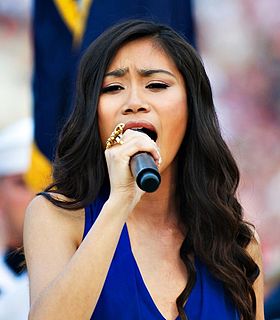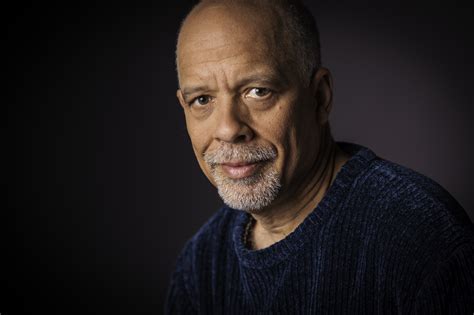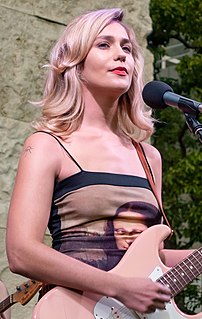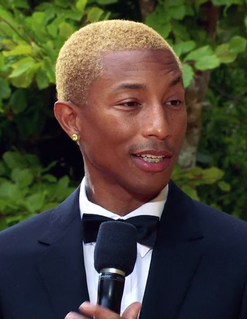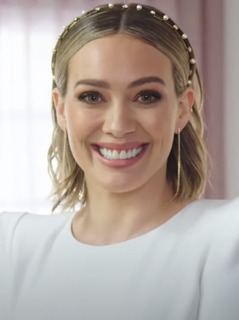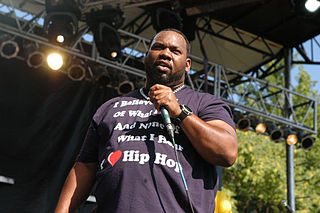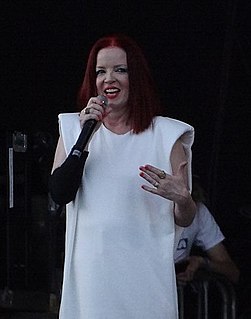A Quote by KRS-One
I don't even want my music on mainstream radio. They don't deserve it. They destroy careers.
Related Quotes
I guess part of my ambivalence about pursuing music as well as acting is that acting is already one of the most difficult careers to create for yourself, I must be insane to embark on creating two careers in two of the most difficult fields. But I have really different ambitions with music; I just want to stay in love with music. I want it to continue to be a means of expression for me that feels like it's mine, and something that feels community-based.
All the things I used to count on to get my music out there - record companies, they're all gone. And radio stations, they're gone - they're completely controlled by the government. If they're not controlled by the government, they're controlled by a programmer who's controlled by the government. Mainstream radio is suspect. You can't trust it.
Obviously I want my music on the radio and I want my record to do well, but I also have a totally different career, so a lot of people who are in music are just in music and can dedicate all their time to that and I can't do that, so I really want to have both things and I'm just trying to figure out how.
When you a young kid at that age at that time, and you know that you got talent as far as hip hop, you wanna be on the radio, that's the first thing. So we was more or less infatuated with just havin' a song on the radio, you know? Before our careers even launched it was more or less about lettin' everybody know, 'Staten Island? You got good emcees there.'

